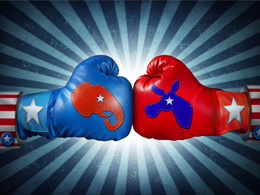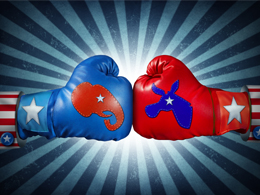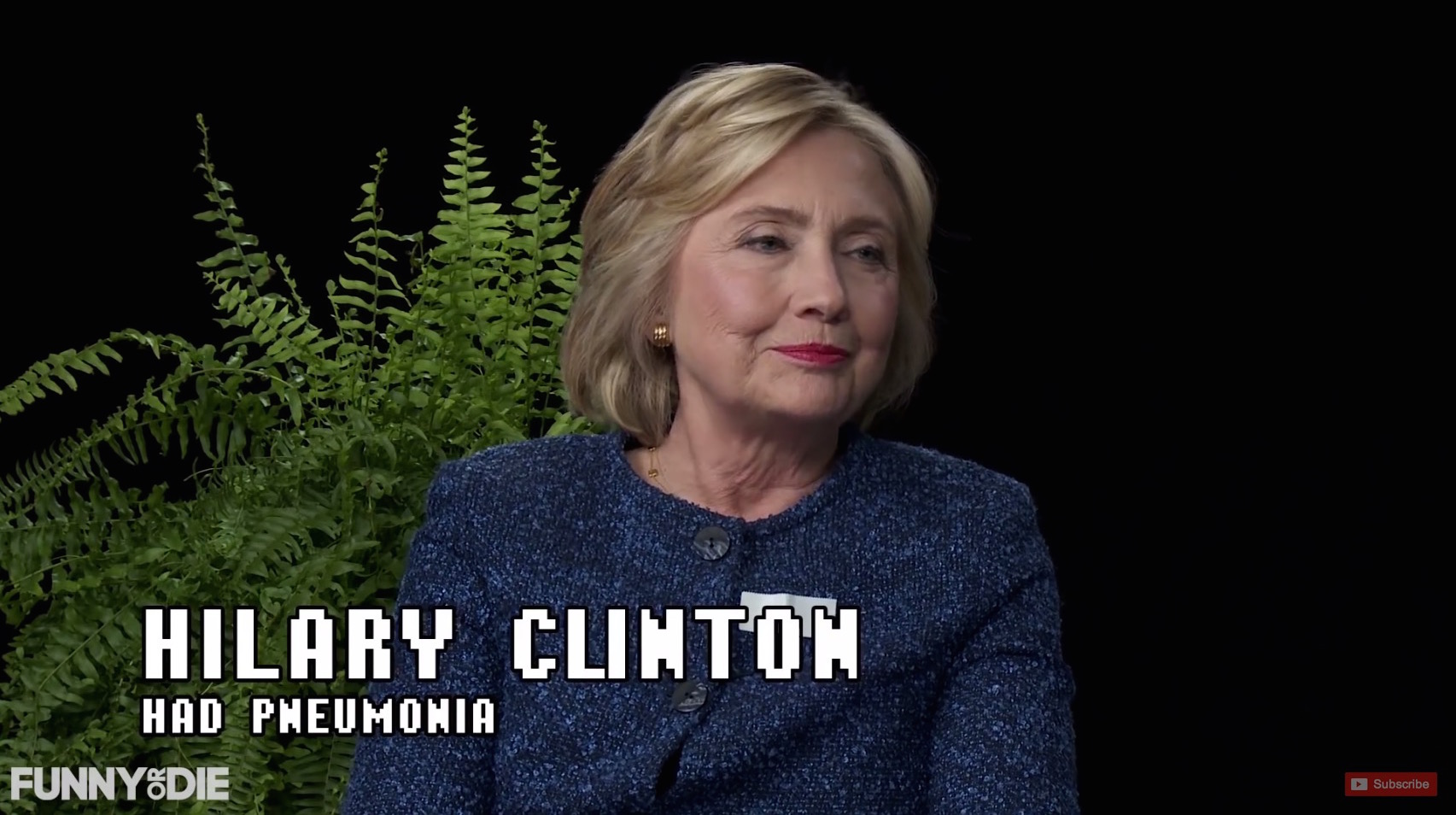Presidential Debate Preview
by Brad McMillan, CIO, Commonwealth Financial Network
 After the Fed’s meeting, the next potentially market-moving event is the first debate between presidential candidates Hillary Clinton and Donald Trump. What can we expect from them on Monday?
After the Fed’s meeting, the next potentially market-moving event is the first debate between presidential candidates Hillary Clinton and Donald Trump. What can we expect from them on Monday?
Before we get into specifics, let’s look at the big picture. I’ve spent this week traveling and speaking with investors, and one of the most common questions I’ve been asked is what the election means for the economy and the markets. This is the first chance both candidates will have to make their case in an open forum, and I suspect markets will be paying close attention to see how they do.
Don’t expect a thorough policy discussion
One thing markets will be watching is whether either of the candidates comes across as, for lack of a better word, scary. This could be anything too unexpected—a policy proposal, a response to the other candidate, you name it. The first rule for success will be “don’t screw up.”
To that end, both candidates will be trying to rattle each other, so actual policy discussion is likely to be pretty thin on the ground. I don’t expect much, if any, thoughtful discussion, but instead an attempt by each to characterize the other’s proposals in the most extreme and disruptive terms. Market reaction will probably depend on how successful each candidate is in demonizing the other’s proposals, and how effective each is in his or her own defense.
I also expect, to put it charitably, that both will select the facts that support their own case, and interpret those facts in the way that puts them in the best light. The extent to which the moderators are able to hold the candidates to an objective standard of truth will help determine the usefulness of the debate for voters and for markets.
Too much excitement vs. not enough
Mrs. Clinton has perhaps the bigger challenge. Because she has been in public life for decades and shares many of President Obama’s views, much of what she has to say comes across as old news. She has to find a way to make her proposals, and her candidacy, exciting.
Mr. Trump has the opposite problem. Many of his proposals are genuinely different and outside the usual policy spectrum. He has to work on toning down his ideas enough so as not to rattle the centrist voter, who may just be tuning in. That includes the average investor. Markets hate uncertainty, and Mr. Trump’s candidacy offers more of that than we've seen in decades. This is not necessarily a criticism, by the way—I think he would agree and, indeed, say that's the point. Emphasizing that uncertainty, however, could rattle markets, especially if his perceived chances of winning continue to rise.
In short, Mr. Trump needs to look more presidential and credible in front of a mass audience, presenting his proposals in a way that preserves their excitement but doesn’t seem too extreme. Mrs. Clinton needs to generate more excitement and present her proposals in a way that makes them seem newer and more different than they are. Both will pursue these opposite objectives while being hounded by the other and, hopefully, kept to a high standard of truthfulness by the moderator.
For some reason, the phrase “The Fight of the Century” comes to mind.
Commonwealth Financial Network is the nation’s largest privately held independent broker/dealer-RIA. This post originally appeared on Commonwealth Independent Advisor, the firm’s corporate blog.
Copyright © Commonwealth Financial Network














